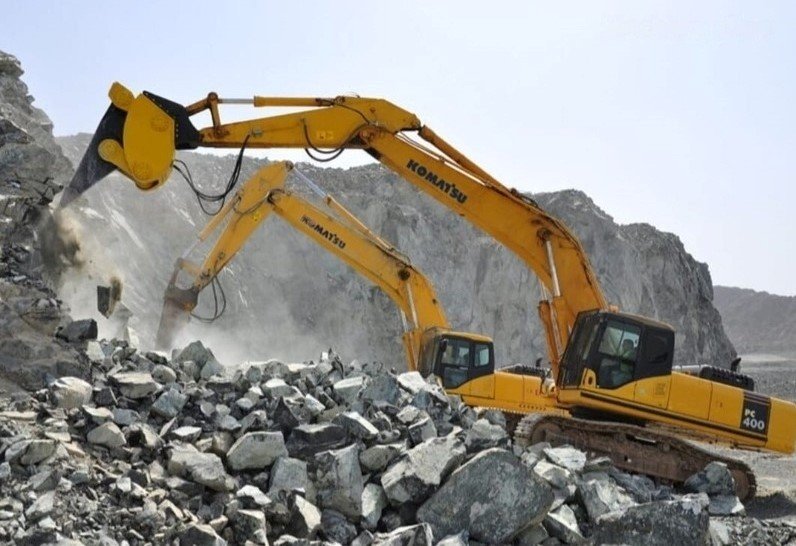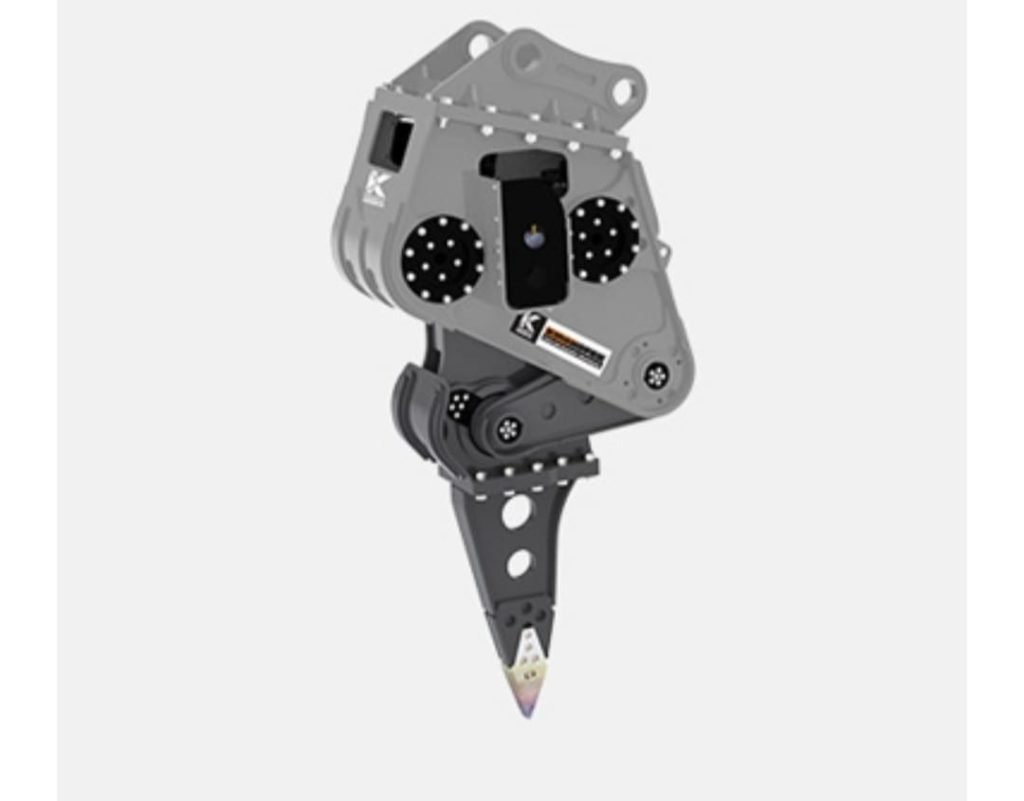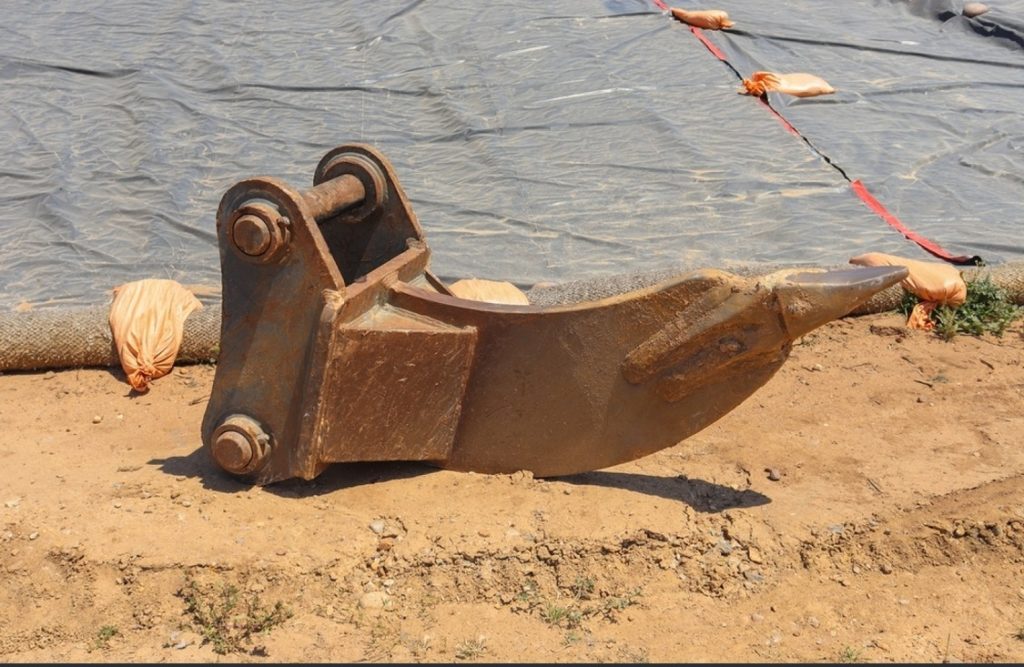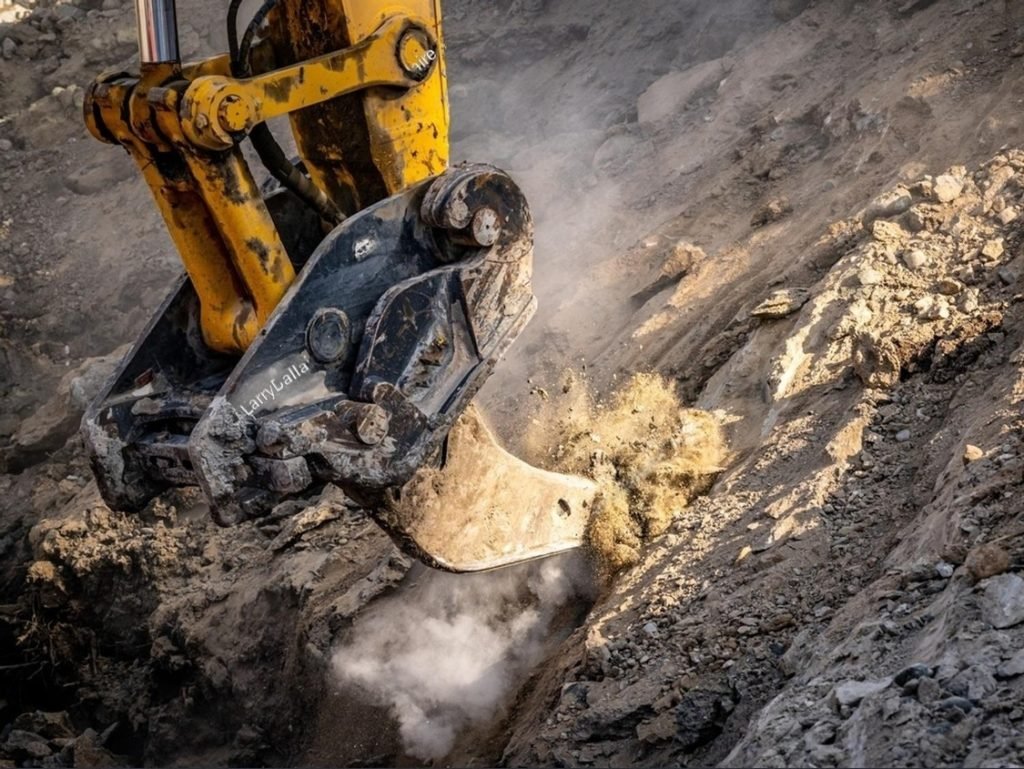Introduction
Hydraulic rippers have revolutionized the construction and excavation industries with their unmatched efficiency and effectiveness. This article delves into the intricate mechanics behind these powerful tools, exploring how they stand apart from conventional excavation equipment.
Understanding Hydraulic Rippers
At its core, a hydraulic ripper is an attachment designed for heavy machinery, using hydraulic power to break through hard materials like rock and concrete. Key components include the hydraulic motor, the ripper tooth, and the arm.

The Working Mechanism of Hydraulic Rippers
Hydraulic rippers operate by converting the hydraulic energy from the host machine into mechanical force. This process involves the amplification of vibrations, enabling the ripper tooth to penetrate and break materials with remarkable precision and power.
Comparative Analysis: Hydraulic Rippers vs. Other Excavation Tools
Unlike traditional excavation tools, hydraulic rippers offer a non-impact, vibration-based technique. This unique approach not only increases efficiency but also reduces wear and tear on the machinery, making them a more sustainable choice.

Technical Specifications of Hydraulic Rippers
Technical specifications vary across models, but common features include high-frequency vibration technology and reinforced steel bodies. These rippers come in different sizes, each suited for specific tasks and machinery types.
Installation and Maintenance
Installing a hydraulic ripper requires technical know-how, ensuring compatibility with the host machine. Regular maintenance, including checking hydraulic lines and teeth, is crucial for optimal performance and longevity.

Safety Measures While Using Hydraulic Rippers
Safety is paramount when operating hydraulic rippers. Operators must adhere to strict safety protocols, including proper training and the use of protective gear.
Case Studies: Hydraulic Rippers in Action
Various projects worldwide have showcased the effectiveness of hydraulic rippers. From urban demolition to rural land clearing, these tools have proven their versatility and efficiency.
Environmental Impact
Hydraulic rippers are increasingly favoured for their lower environmental impact. Their precision reduces unnecessary disruption to surrounding areas, aligning with sustainable construction practices.
Future of Hydraulic Rippers
The future looks bright for hydraulic rippers, with ongoing advancements in technology paving the way for even more efficient and eco-friendly models.
Choosing the Right Hydraulic Ripper
Selecting the right hydraulic ripper involves considering factors such as the host machine’s capacity, the material to be excavated, and the project’s scale.
Cost Analysis
While the initial investment in a hydraulic ripper may be higher than traditional tools, the long-term savings in maintenance and efficiency often justify the cost.
User Testimonials and Feedback
Users across various sectors have praised hydraulic rippers for their reliability and performance, noting significant improvements in project timelines and overall productivity.
FAQs
- What makes hydraulic rippers more effective than traditional excavation tools?
- Can hydraulic rippers be attached to any construction machinery?
- What maintenance does a hydraulic ripper require?
- Are hydraulic rippers environmentally friendly?
- How do I choose the right hydraulic ripper for my project?
Conclusion
Hydraulic rippers represent a significant advancement in excavation technology, offering unparalleled efficiency, versatility, and environmental benefits. Their growing popularity is a testament to their effectiveness in a wide range of applications.



